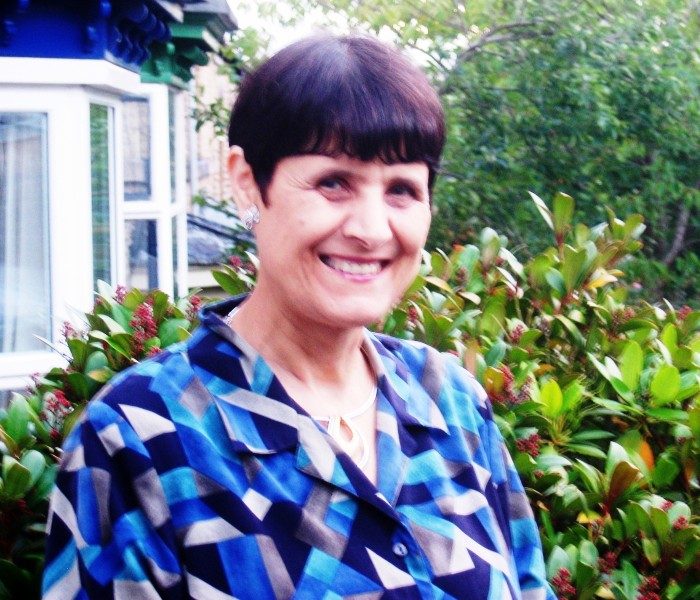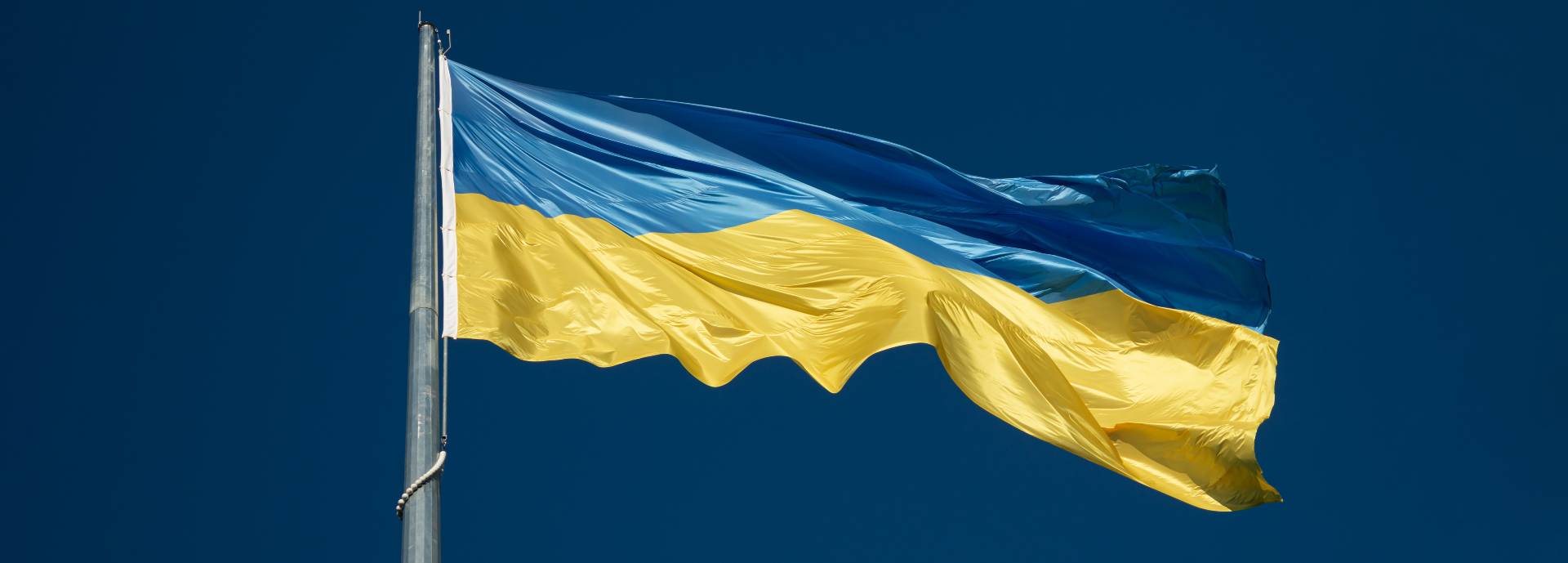A University of Stirling social worker has launched an international network to support social and community workers impacted by the war in Ukraine.
‘Social Work for Peace’ has been set up by Professor Lena Dominelli, a world-renowned expert in disaster intervention and humanitarian aid, to help the courageous professionals and social work students who have remained in the country and those forced to flee to safety. Based at the University, the network is part of the Virtual Helpline for Disasters that social workers have activated during different types of natural disasters since 2010.
Supported by organisations including the International Association of Schools of Social Work (IASSW) and British Association of Social Workers (BASW), the network will offer practical aid at local, national and international levels. It will also seek to prepare countries to welcome Ukrainian refugees, secure scholarships for social work students from Ukraine and gather teaching materials to share with social work educators who are continuing lessons in bunkers as they shelter from the war.

Professor of Social Work, Lena Dominelli, established 'Social Work for Peace' to support social work professionals in Ukraine.
Professor Dominelli, who is in regular contact with social workers in Ukraine, said: “Despite the overwhelming hardship, suffering and grief caused by the war, Ukrainians remain strong and committed to defending their country. Social workers strive to meet basic needs, re-establish livelihoods and communities, restore people’s human rights, secure social and environmental justice, and build peace while enduring curfews and continuous Russian bombing.
“Social Work for Peace aims to support this work by encouraging donations through organisations including the Ukrainian Red Cross and Ministry of Social Policy of Ukraine, to purchase food, water, medicines and power generators. We will also partner with medical practitioners responding to the medical needs of refugees, help schools to support children forced to flee traumatic conditions adjust to new cultural environments and educational systems, and provide training and guidance to local communities welcoming those displaced by the invasion.”
Ana, a social worker still in Ukraine said: “After water, people ask us for information. So, if they come to your country, give them information, especially about what they can expect in the next 24 hours, so they can predict what they want to do. This information should include what documents they need, what they can expect, where they access housing and other services. And they must feel welcome.”
The new network will also seek to support those impacted by the Russian invasion to share their stories and ensure that their experiences are not lost and recorded for posterity.
In order to support its work, Social Work for Peace is encouraging qualified and registered social workers, and non-social workers, to sign up as volunteers. Those interested can do so by contacting Professor Dominelli via email.

